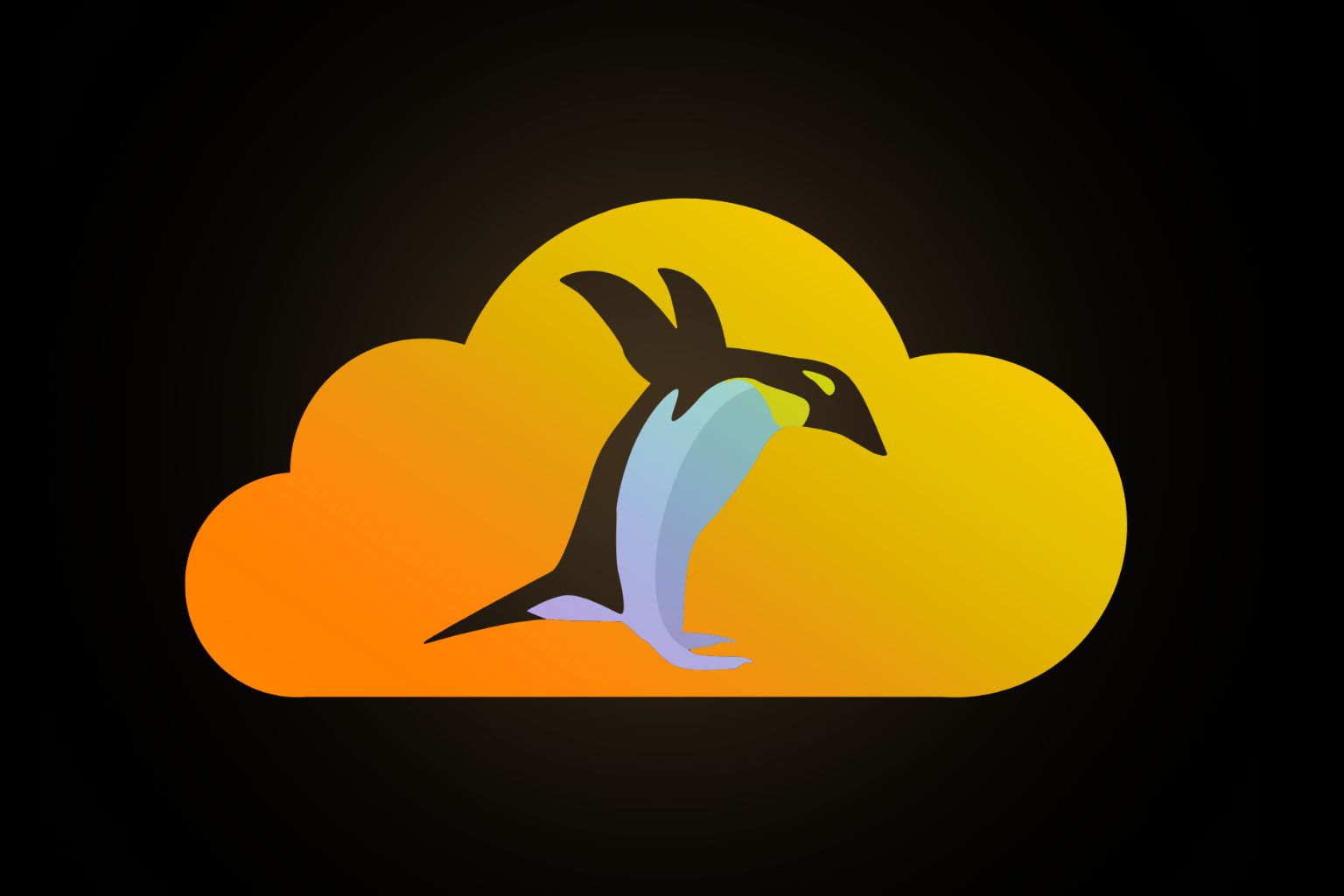Table of Contents
Linux Dominates the Cloud
According to the Linux Foundation, more than 90% of the public cloud infrastructure runs on Linux.
Even Microsoft admits that on Azure, over 60% of active customer compute cores run Linux, as confirmed by Microsoft Azure’s own engineering team.
Put simply: if you’re doing cloud infrastructure, you’re almost always on Linux.
Why the Cloud Loves Linux
1. Open Source = Freedom + Cost Efficiency
Because Linux is open source, cloud providers and organisations avoid hefty licensing costs and lock-in.
It’s one of the reasons cloud providers can offer competitive pricing.
While exact savings vary, it’s well-established that using Linux helps reduce infrastructure licensing costs.
2. Scalable & Lightweight
Linux runs everywhere — from embedded devices to supercomputers.
In the cloud, that means you can launch thousands of instances, scale smoothly, and optimise resources.
The Linux Foundation notes that Linux powers 100% of the world’s top supercomputers and more than 90% of the public cloud infrastructure.
3. Reliability & Security
The open-source community and long history of Linux give it a strong track record: fewer surprises, faster patches, and broad hardware and software support.
This robustness is crucial when you’re running services globally at scale.
4. Built for Cloud-Native & DevOps
Containers, microservices, orchestration, and automation tools all grew out of the Linux ecosystem.
Most major tools — Kubernetes, Docker, Terraform, and Ansible — assume or prefer Linux environments.
If the cloud runs on Linux, then you’ll be working with Linux whether you know it or not.
Linux vs. Other Operating Systems
Sure — other operating systems like Windows Server still have their place (mostly for legacy enterprise apps).
But in the cloud world:
- Linux holds the lion’s share of public cloud workloads (90%+).
- On Azure, Linux already exceeds Windows in compute cores.
The message: if you’re focused on modern infrastructure and cloud services, Linux isn’t optional — it’s the default.
What This Means for Your Career
If you’re starting out in tech — or already working in the field and want to level up — learning Linux isn’t optional anymore.
The Linux Foundation Training team puts it simply:
“If your staff aren’t proficient in the Linux command line, you won’t get very far moving to the cloud.”
Few cloud or DevOps roles exist today that don’t expect Linux fundamentals — whether you’re a Cloud Engineer, Platform Engineer, SRE, or DevOps specialist.
Make Linux your foundational skill. Once you know it — shells, filesystems, processes, permissions — everything else (Kubernetes, containers, automation, cloud infra) becomes far more accessible.
Final Thoughts
The cloud runs on Linux.
It’s open. It’s resilient. It’s proven. It’s built for scale and modern infrastructure.
So if you’re building a career in cloud, platform engineering, or DevOps — start with Linux. It’s the foundation everything else is built on.
The road to cloud mastery goes straight through the Linux command line.
References
- Linux Foundation — “90%+ of the Public Cloud Runs on Linux” (2024)
- Microsoft Azure — “Linux on Microsoft Azure” (2024)
- CBT Nuggets — “Why Linux Runs 90 Percent of the Public Cloud Workload”
- Linux Foundation Blog — “Meeting Your Organization’s Demand for Cloud Computing Skills”
- Linux Foundation — “Linux Runs All of the World’s Fastest Supercomputers”








Start the conversation